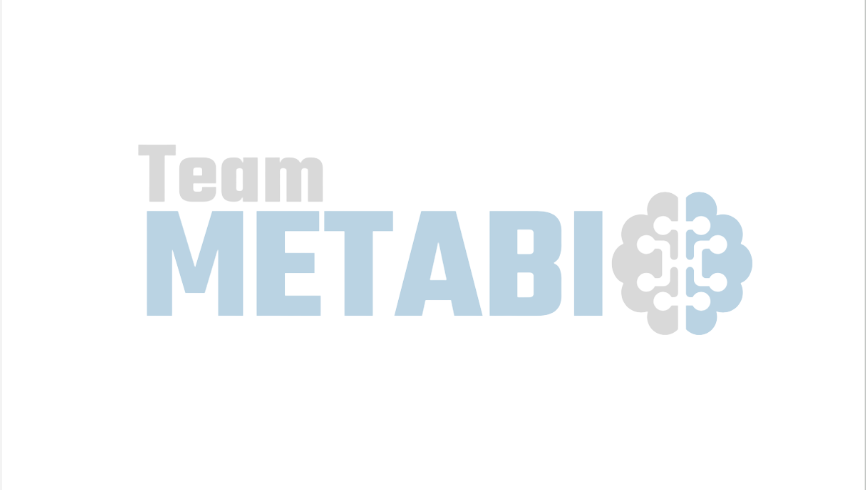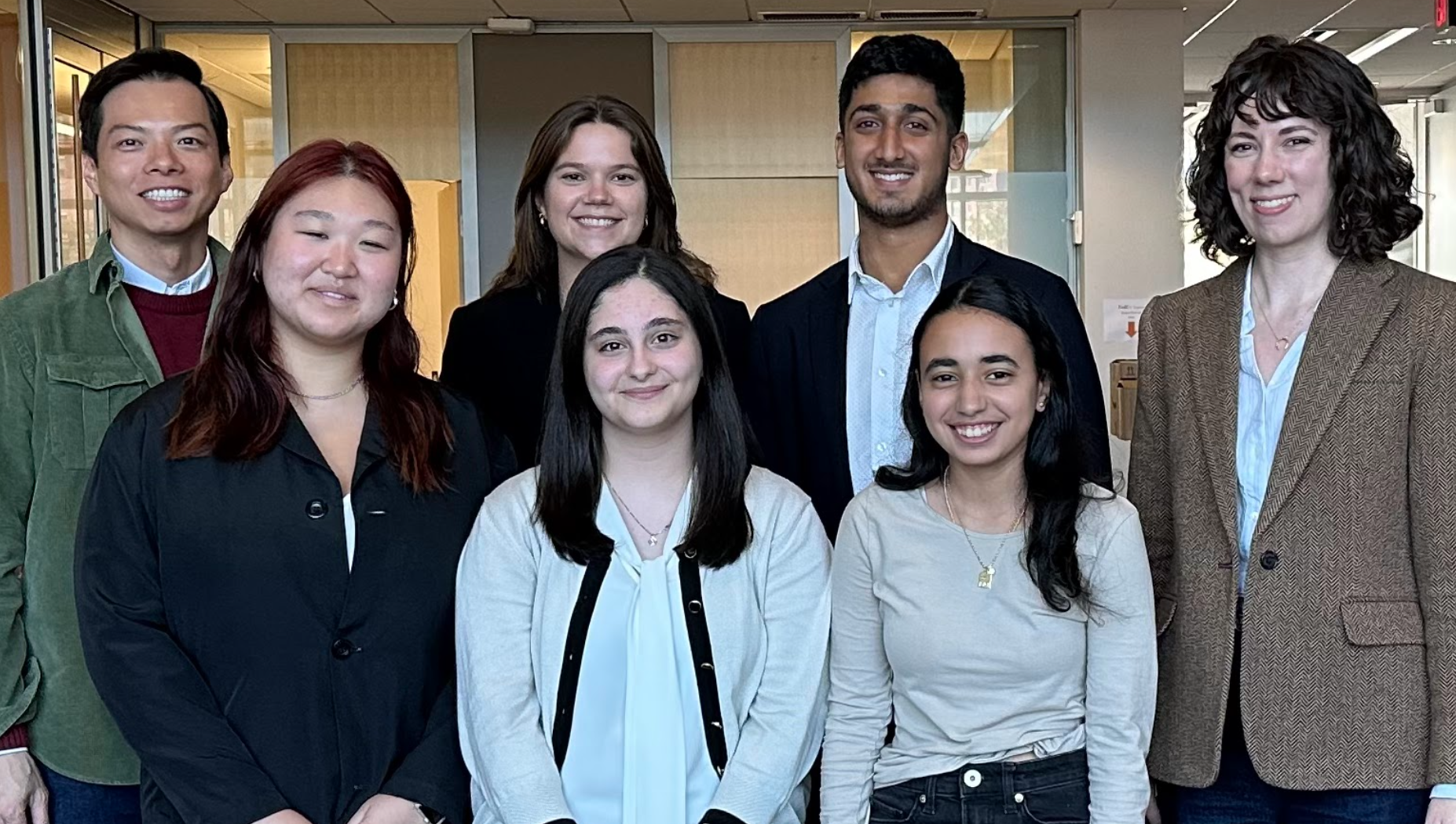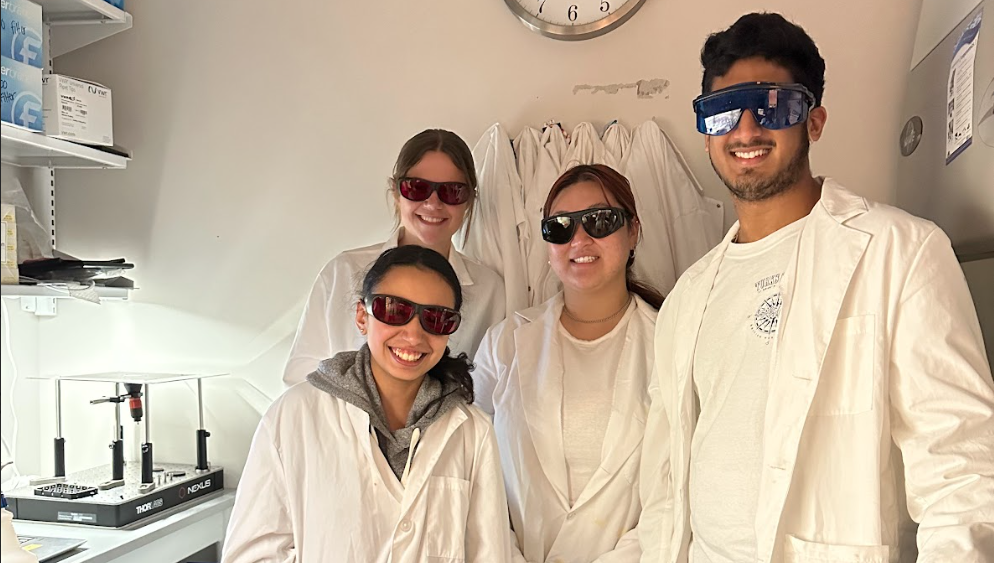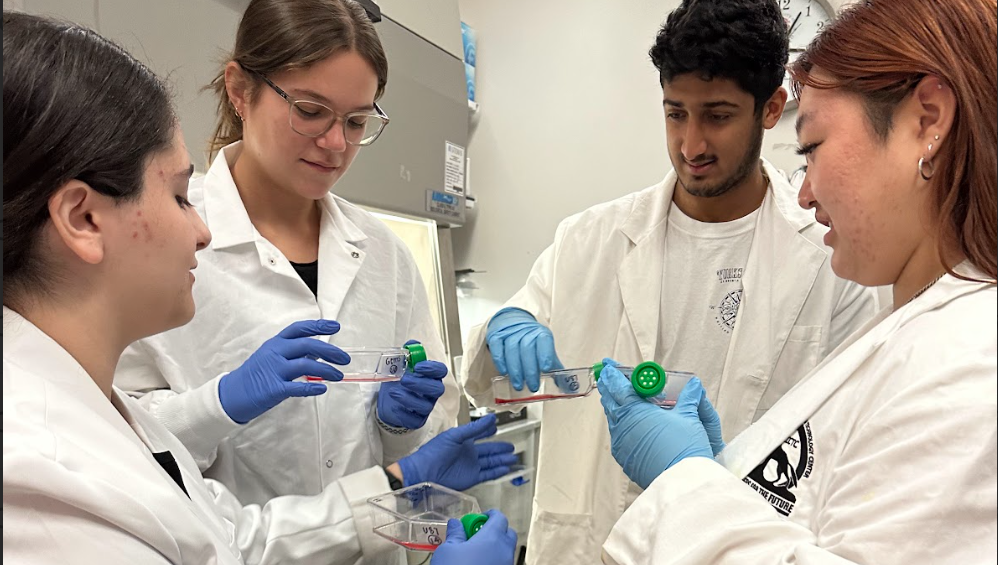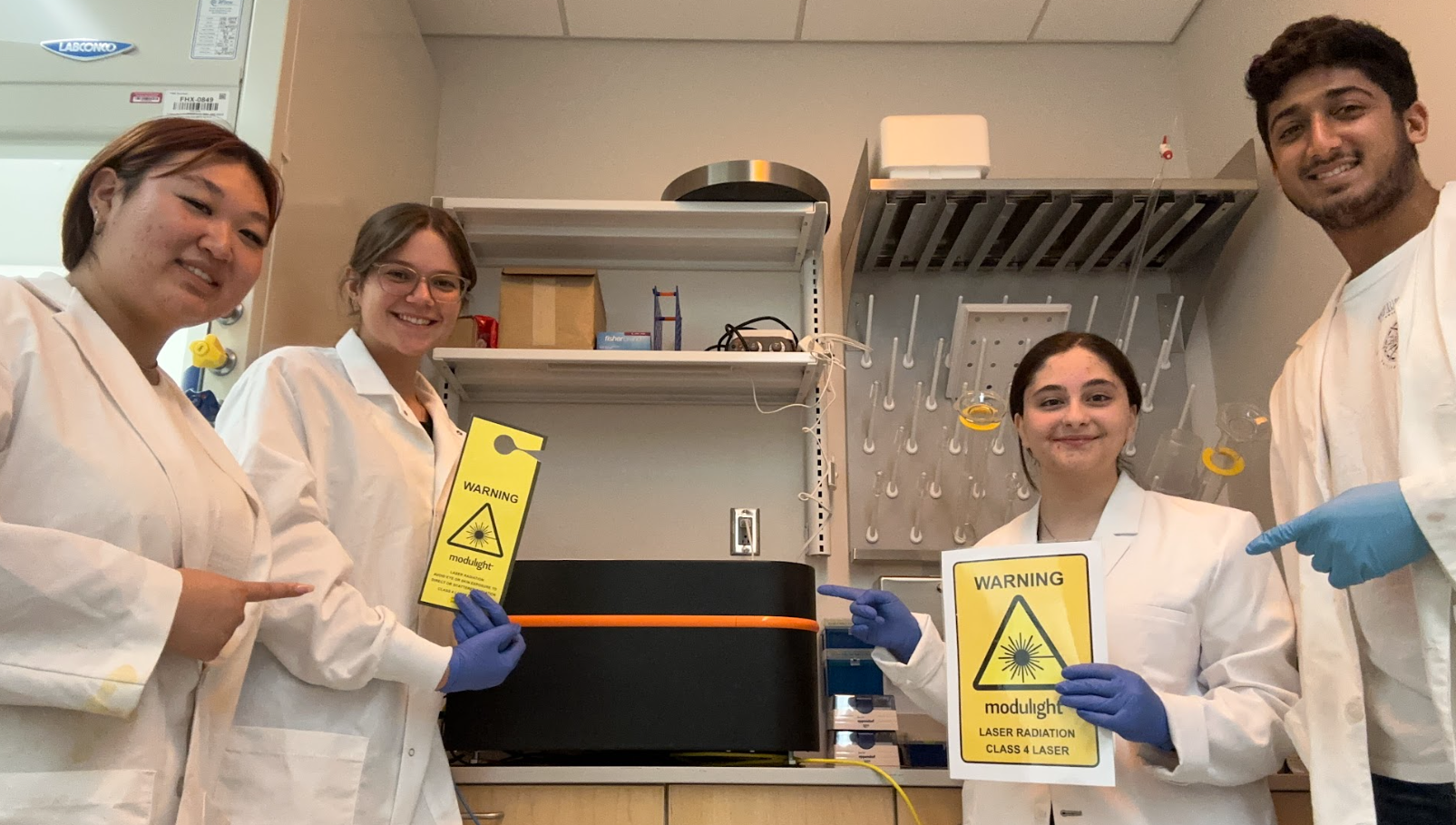Brain Cancer Research
ABOUT US
We are Team MetaBio, a brain cancer research team sponsored by the Gemstone Honors Program at the University of Maryland, College Park. We are composed of six interdisciplinary undergraduate students with knowledge spanning bioengineering, physiology and neurobiology, neuroscience, as well as cell biology and genetics. Our research mentor, Dr. Huang Chiao Huang, is an Assistant Professor in the Fischell Department of Bioengineering and director of the Optical Therapeutics and Nanotechnology Laboratory.
GLIOBLASTOMA BRAIN CANCER
Glioblastoma multiforme (GBM) is the most common and aggressive malignant brain cancer, making up 49.1% of primary malignant brain tumors. The average survival rate for patients diagnosed with GBM is about 12-18 months with the five-year survival rate being 6.8%.
The majority of GBM patients receive their diagnosis when the cancer is a grade IV, meaning GBM has strong resistance to conventional cancer treatments, such as radiation and chemotherapy, and rapidly reemerges after surgery. Resistance of GBM to conventional treatment methods remains under-explored and could be attributed to a combination of neurophysiological mechanisms.
BRAIN CANCER TREATMENT
The purpose of our research is to develop an effective and innovative treatment approach to eliminate GBM tumors and prevent their recurrence. There has been little progress in finding effective treatments of GBM due to the complexity, highly invasive potential of GBM tumors, and the lack of funding GBM research has received compared to other cancers.
While there have been some treatments developed to decrease the rate of cancer progression and its symptoms, there are no existing treatments that serve as a comprehensive cure for GBM. The science community has concluded that more research needs to be done in order to develop an effective long-term treatment for GBM brain cancer.
OUR RESEARCH:
Why help us? Throughout our literature review and research process, we are studying the potential of an innovative combinatorial approach to cancer treatment, involving photodynamic therapy (PDT) and a new class of small-molecule inhibitors. This novel approach remains underexplored in GBM, and we are hopeful that our research will provide insight on the promising future of combination treatment approaches to brain cancer. Our research is not just about GBM. It is about sparking a greater conversation about the need for a comprehensive approach to cancer treatment as well as the prospective benefits of recently explored, innovative therapeutic methods.
PHOTODYNAMIC THERAPY
STAY INFORMED
We hope that you will follow our socials to stay informed about the progress of our research (Instagram: @teammetabio; teammetabio.wixsite.com/metabio).

Gifts in support of the University of Maryland are accepted and managed by the University of Maryland College Park Foundation, Inc., an affiliated 501(c)(3) organization authorized by the Board of Regents. Contributions to the University of Maryland are tax deductible as allowed by law. Please see your tax advisor for details.
$10
Nanoparticle Level
Donors will help us purchase basic laboratory supplies, such as gloves, lab coats, micropipettes, and more!
$25
Glioblastoma Level
Donors will help us purchase the GBM cell lines that will be used in our in vitro experiments.
$50
Molecular Inhibitor Level
Donors will help us attain other materials and equipment required for in vitro experiments, including an MTT Assay (GBM cell proliferation), Transwell Assay (invasion), and Scratch Wound Assay (migration).
$100
Photodynamic Level
Donors will help us develop nanotherapeutic liposomes to co-package the small molecule inhibitor with a photosensitive PDT agent.
$200
Brain Level
Donors will help us investigate the efficacy/cytotoxicity of the small molecule inhibitor and PDT through in vivo experiments.

